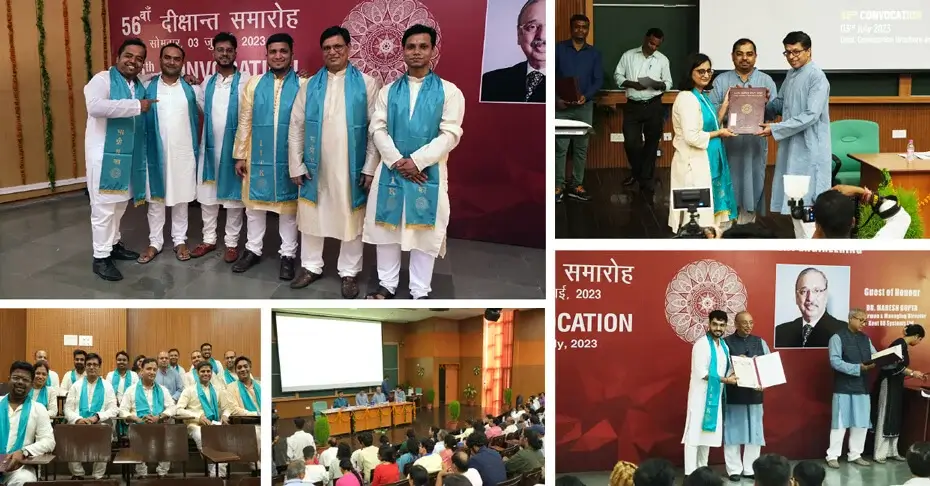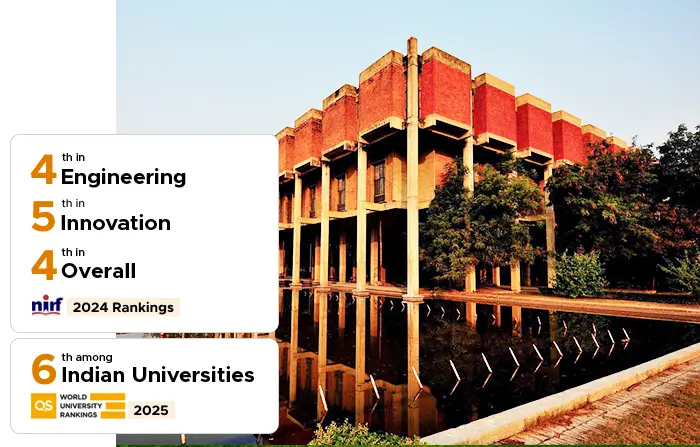The core modules include
Pricing and Market
- Pricing Fundamentals
- Economic Value to the Customers and the Role of Costs
- Understanding and measuring Willingness to pay.
- Pricing a new product
- Multi-product pricing
- Segmentation and Product Line Pricing
- Pricing and Law
Business Data Analytics
- Data Exploration
- Probability and Randomness
- Decision-Making under Uncertainty
- Regression Analysis
- Time Series and Forecasting
- Causal Analysis
- Optimization and Simulation
- Communicating with Data
Geopolitics, Economic Growth, and Emerging Market Opportunities
- Introduction to Geopolitics
- Economic Growth, Geo-politics, and their Interdependence
- India’s regional security scenario
- Defence Policy and first ever Defence Reforms 2020
- Atmanirbharta in Defence- why so essential and reforms in the defense and aerospace industry
- Industries with integrated emerging markets- Aeronautics, Space, Undersea
- Dynamics of Multipolar World
Technology Oriented Modules
Platforms and Monopolies in the Digital World
- What is a platform – open vs. closed platforms? CoWIN vs. all other private platforms
- Network Effects and Monopolies in the platform economy
- Unethical Practices of Platforms –Copy, Acquire and Kill
- Market distortions created by platforms and regulatory approaches around the globe
- Alternatives to the platforms – democratizing the digital economy. India’s unique approach
- Challenges of networks vis platforms. What will work?
- Regulations of platforms – ex-ante or ex-post? Light or heavy?
- Aggregators and their impacts – on service providers/producers and employment
Security and Privacy in a digital world
- Importance of security in a digital world. Why cyber-attacks take place
- Government of India’s Cyber Security framework and institutional structure – MeitY, NSCS, Cert-IN, NCIIPC, etc
- Software design, testing, and certification
- Encryption and other techniques to harden the systems – Principles and practices
- Privacy – the concept, its interpretation, and evolution of privacy as a fundamental right - Puttaswamy Case
- Privacy in a digital world. Privacy-enhancing Technologies (PETs). Consent, data monetization, and breaches, SPAMS
- Non-personal and open data – policies and practice. Privacy by design: concepts and their implementation.
- History and contours of India’s data protection legislation. The regulatory landscape around privacy – international experiences.
Digital Governance and Digital Public Infrastructure
- What are Digital Governance and DPI?
- History of Digital Governance pre-Aadhaar
- BPR in Digital Governance
- Aadhaar and its impact
- Digital India and its components
- Implementing large technology projects in Government/Public Sector
- Digital Public Infrastructure and Innovations – Identity, Payments, Health,
- Commerce
- Digital literacy, Digital Inclusion, and Citizen empowerment
Fin-tech, Health-tech, and other techs: Evolution and Regulatory Approaches
- UPI- The architecture and its evolution – scale, and challenges ahead
- Regulatory framework of fintech.
- Crypto Currencies and policy imperatives.
- AI and ML – the Opportunities and Challenges for India
- Ethical Issues in AI and ML
- Impact of Fintech on Banking
- Health-Tech and associated regulatory challenges.
- ABDM and ONDC – the emerging architecture of India’s digital economy in various sectors.
Development of Global Electronics Industry Ecosystem: Challenges and Opportunities
- Electronics hardware industry and Imperatives for India
- Policy framework for promoting electronics manufacturing- NPE 2012 and PLI
- Mobile manufacturing
- Chip design and semiconductor fabrication in India
- Standards, Testing, and Certification in Electronic Hardware
- ITA and global trade in electronics and semiconductor
- Case Study- Set Top Boxes in India
Innovation, Incubation, and start-ups
- What is innovation? Examples in various sectors. How do you measure it?
- India’s innovation strategy and challenges – Where are we?
- Innovations around Digital Public Infrastructure – Why does it work?
- Funding innovation – eco-system of VCs and other mechanisms
- Product creation – how can we become a product nation?
- IPR management and WIPO
- Technology transfer vs. indigenous technology.
- Innovations – markets and scalability.
Cleantech for Sustainability and Climate Change
- Science and Economics of Climate Change
- Climate Negotiations
- Carbon Markets and Climate Finance
- eWaste management
- Energy Security
- Adaption
Financial Management: A Tech-oriented Approach
- Technology life cycle & Finance
- Finance Fundamentals I [Accounting, Present Values, Capital Budgeting]
- Finance Fundamentals II [Portfolio Optimization and Diversification, Real Options]
- Finance Fundamentals III [Stock Markets and Macroeconomic Considerations]
- Financial Issues in the Product Development Phase
- Financial Issues in the Market Introduction and Growth Phase
- Financial issues in the Maturity Phase
- Financial Issues in the Decline Phase
Defense Industry and Technologies – Opportunities and Challenges in Atmanirbharta
- Defense Industry ecosystem and Defense capital procurement, including trial and testing
- Defense Industry Reforms- from technology dependence to Atmanirbharta
- iDEX- the start-up revolution
- Unmanning and AI in Defence
- Space defense tech and Undersea defense tech
- Cyber and Information Warfare
- Grey Zone Warfare
Telecom Sector in India – from POTS (Plain Old Telephones) to 5G and beyond
- Regulatory Framework in the Telecom Sector – History and its Evolution.
- Spectrum management policies and their evolution.
- Market structure and competition
- Digital Infrastructure – voice and data
- Technology evolution in the Telecom sector: from 2G to 5G.
- India’s innovation in sharing of infrastructure in the telecom sector.
- Net neutrality
- Internet Governance
- Convergence and need for a converged regulatory framework. Telecom and Broadcasting
Capstone Project




 Dr. Ajay Kumar
Dr. Ajay Kumar Ram Sewak Sharma
Ram Sewak Sharma Bikramaditya Datta
Bikramaditya Datta Vimal Kumar
Vimal Kumar Live Interactive Sessions & Guest Lectures
Live Interactive Sessions & Guest Lectures Case study-based Learning
Case study-based Learning  Projects
Projects  Periodic Assessments
Periodic Assessments  Online Examination
Online Examination Campus Visit
Campus Visit
 Education loan avail from
Education loan avail from 

